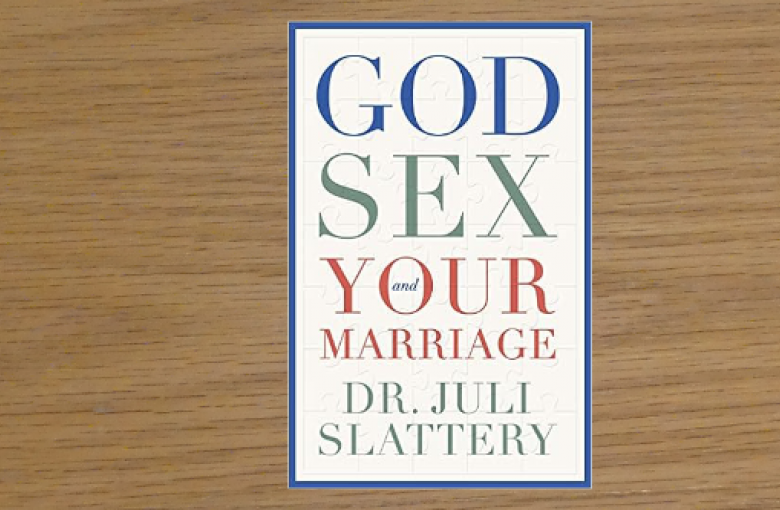This book is an exceptional resource for couples seeking to improve their communication, both in action and speech, and enhance the physical aspect of their marriage. While primarily (in my opinion) suited for those already married, the book also offers valuable insights for individuals approaching marriage within the Christian context, whether both partners identify as heterosexual or whether there is same-sex attraction (SSA). The author does make a fleeting mention of SSA.









